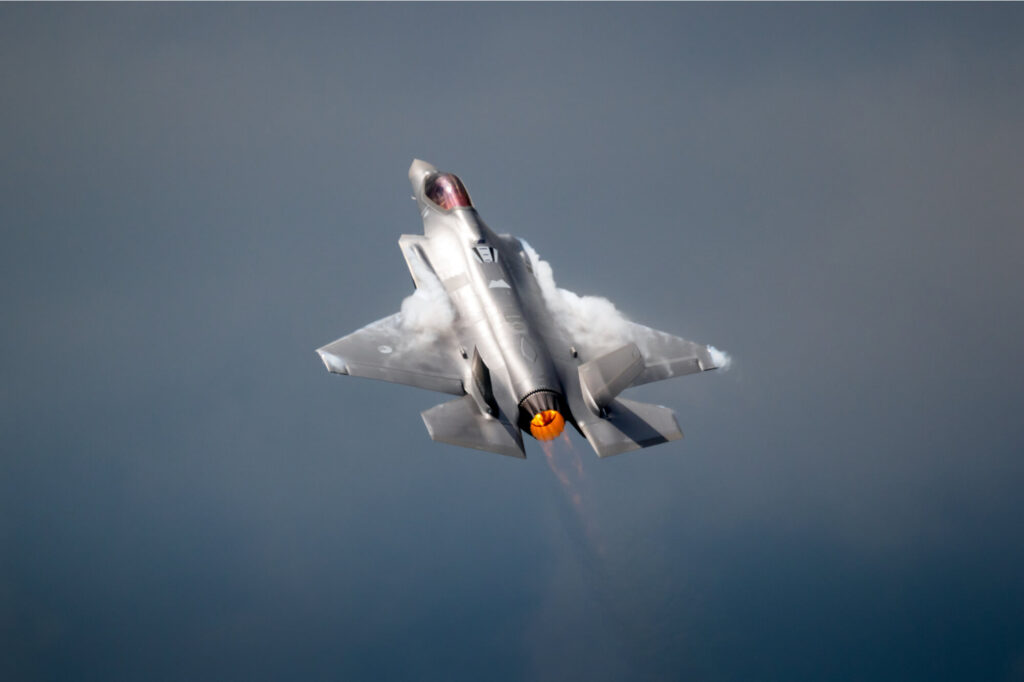The Canadian government has approved funding to purchase the first batch of Lockheed Martin F-35 Lightning II fighter jets, the country’s media reports.
Canada’s Treasury Board gave the Department of National Defence the green light to spend CA$ 7 billion ($5,14 Billion) on the jets.
16 F-35s and a host of additional equipment and services will be purchased for the sum, according to CTV News, which referred to sources within the government.
The information has been confirmed by two defense sources, CTV News added. Additionally, the document that confirms the development, has been viewed by national news agency The Canadian Press.
As well as the first batch of jets, the purchase includes spare parts, weapons and building of special facilities, CTV Canada report stated.
The approval could mark the final step in the Canadian F-35 saga, which has dragged on for more than a decade and resulted in countless twists.
Canada revealed its plan to order a fleet of F-35s in 2010. The new jets were slated to replace the country’s aging fleet of CF-18 Hornets, special versions of McDonnel Douglas F/A-18s that have been serving with the Royal Canadian Air Force (RCAF) since the 1980s.
Canada was also one of the members of the Joint Strike Fighter program and heavily invested into the development of the F-35. However, following a change of government and some budget cuts, the order hung in the balance.
A new tender for a replacement fighter jet fleet was launched in 2017, resulting in a competition between the F-35, Boeing F/A-18 Super Hornet, Eurofighter Typhoon, Dassault’s Rafale, and Saab JAS 39 Gripen.
By 2021, only the F-35 and JAS 39 Gripen remained after other contestants either withdrew offers or were rejected. In early 2022 the F-35 was picked again, with the country’s Ministry of National Defense commenting that the fifth-generation offered the best outcome for the RCAF.
However, the decision spurred discontent and drew criticism from both political opposition and various citizen organizations.
Swedish plane maker Saab, the manufacturer of the Gripen which lost to the F-35, also voiced discontent, claiming that the competition was unfair.

